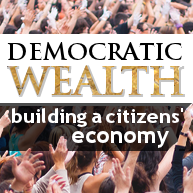
A democratic case for the free market?
Democracy is morally prior to the economy. The structure of the economy is something a sovereign people may and should design and redesign to secure its common good – that is, the shared interest of each and every citizen in life, liberty and economic opportunity. This is the basic premise of the ‘Democratic Wealth’ series that I have the pleasure of editing. This is, however, by no means an uncontroversial premise.

In America, Corporations are People. But should they be?
Now that November 6th has passed, Americans will stop keeping up with politics and continue Keeping up with the Kardashians. Yet, several of the most crucial elements of American democracy still warrant close attention, including voter identification laws, the restrictions on early voting and, not least of all, the newest phrase to have permeated American politics, that “corporations are people too”.
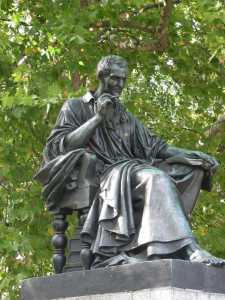
The Commercial Republic: A contradiction in terms?
Republican thinking today relies heavily on a classical conception of citizenship. Can this ever be compatible with modern commercial society?
If there are resources in republicanism for re-thinking the contemporary economic order, it might be worth turning to a republican thinker who wrote on the topic of political economy. Jean-Jacques Rousseau in “A Discourse on Political Economy” articulated a key worry now held by various groups today, including the Occupy movement, dissatisfied with existing political responses on poverty, education, health care and economic opportunity.
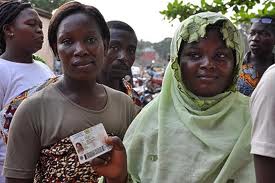
Strengthening Democracy in Togo: How to Give women a greater voice
The integrity of the March 2010 Togolese presidential election was formally challenged immediately following the announcement of incumbent Faure Gnassingbé’s victory. Fortunately, the violence and massive internal displacement that marred the 2005 race were not repeated, but the opposition alleged widespread irregularities and fraud. Ultimately the result was upheld, and Gnassingbé maintained his family’s four-decade-long grip on power of this tiny West African country. One opposition candidate claimed, “The vote was so expertly stolen by the ruling party that electoral observers will never understand what really happened.”
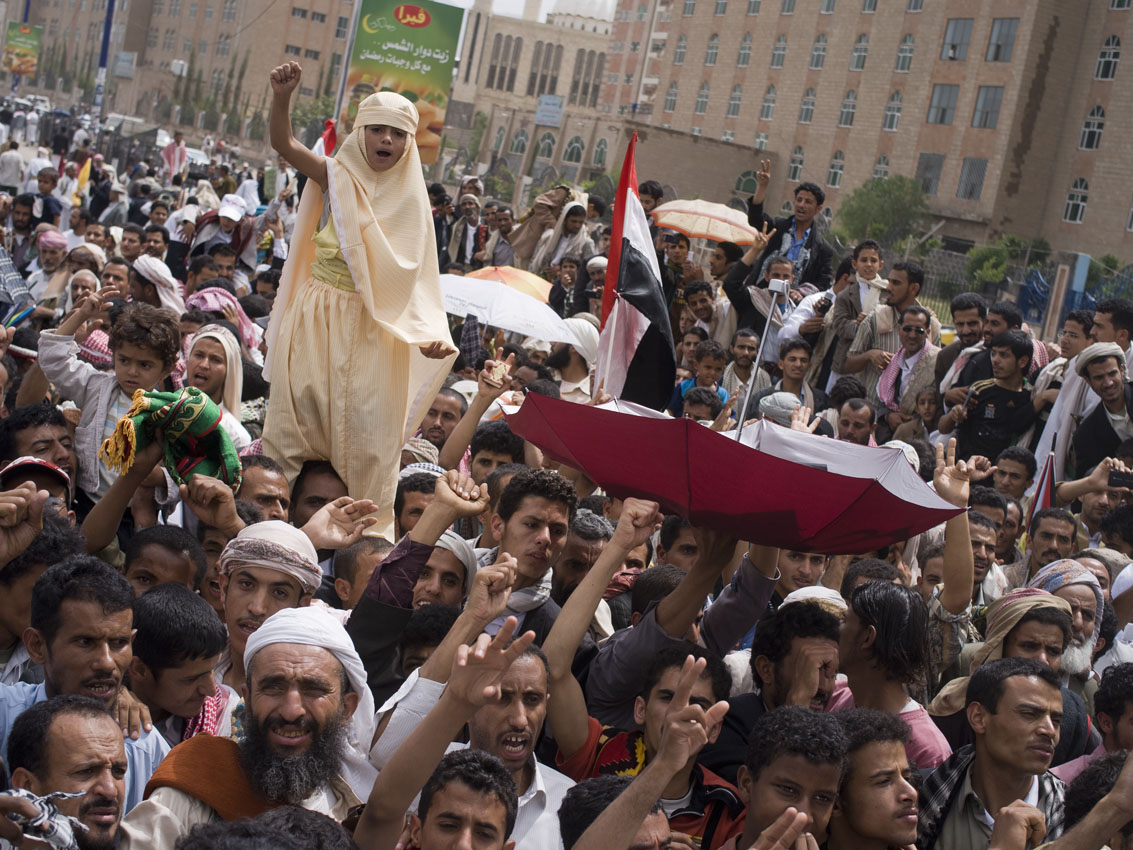
The Uneven Playing Field: Political finance in post-Arab Spring countries
“Our revolution was hijacked,” Mahmoud, a young protestor from Yemen, told me in one of our discussions. “We stand no chance against the established powers in any elections,” said Marwa, another young protestor from Egypt. Mahmoud and Marwa represent millions of similar young Arabs who ignited and led the uprisings in their countries, aspiring for a new future where each one of them will have an equal say in the political process. They are now increasingly disappointed and frustrated with their new reality, and the top reason for their frustration is political finance. The Deepening Democracy report, published by the Global Commission on Elections, Democracy & Security, highlights that “The rise of uncontrolled political finance threatens to hollow out democracy …
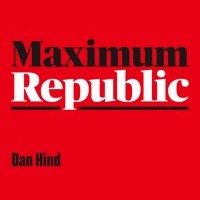
Q&A: Dan Hind, author of “Maximum Republic”
Britain has been fooled. Told that ‘republicanism’ just meant sacking the monarchy, the British have missed its radical vision for the future. James Stern-Weiner, co-editor of the New Left Project, interviews Dan Hind, the author of a new pamphlet that seeks to ignite the flame.
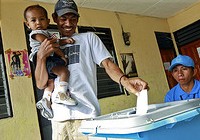
In Timor-Leste, deepening democracy means ongoing international support for electoral authorities
The Report of the Global Commission on Elections, Democracy and Security identified building professional, competent electoral management bodies (EMBs) as one of the five major challenges that must be overcome to conduct elections with integrity.
There is more to it, though. East Timor, for example, has EMBs. And it has made demonstrable progress in its elections since independence. But its EMBs still need help.
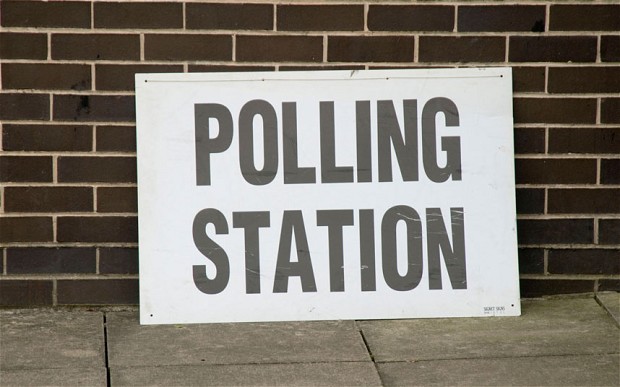
Democracy in Britain: Decline, reform, and a place called Bettws
Political pundits in Britain often frame competition in elections as a fight for ‘middle England’. Each election, they invent names such as ‘Essex man’ or ‘Worcester woman’ to describe archetypal voters representative of marginal constituencies necessary to win a parliamentary majority. Bettws ward in Gwent, Wales, may not be the typical bellwether for the nation’s politics, but its significance rose with the first ever election of Police and Crime Commissioners (PCCs) across England and Wales.









